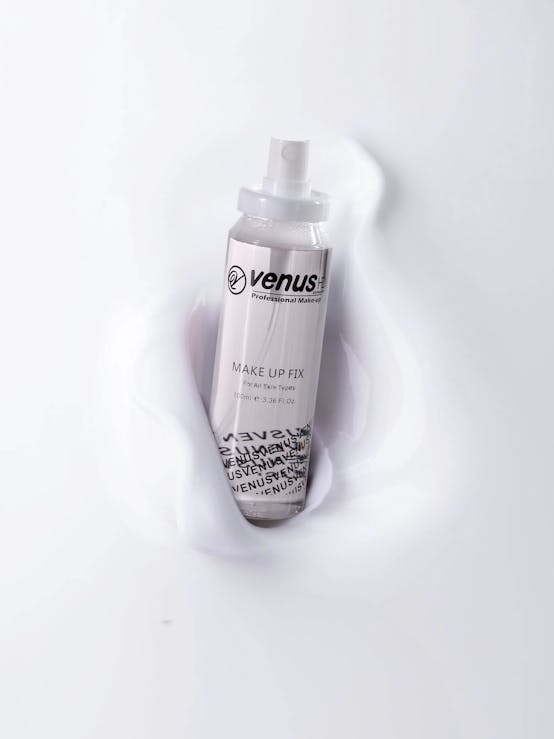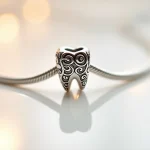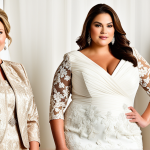Pioneering UK Brands in Eco-Friendly Fashion
The UK is rapidly becoming a trailblazer in sustainable fashion, with many fashion brands embracing eco-friendly practices. The significance of this shift lies in the growing demand for environmentally conscious products. This shift isn’t just a trend; it’s a revolution transforming how people view clothing and its environmental impact.
Trailblazing UK fashion brands are making significant strides by integrating sustainability into the very fabric of their operations. They use innovative materials like organic cotton or recycled polyester and employ sustainable production techniques, reducing their environmental footprint. These practices are setting a high bar for the rest of the industry, proving that fashion can be both stylish and sustainable.
Also read : Unveiling Sustainable Sophistication: Top Ethical Bridal Labels in the UK
One of the notable trends fueling this rise is the increased consumer awareness of environmental issues. With social media and digital platforms influencing public opinion, customers are becoming more educated about the negative effects of fast fashion. This awareness drives consumers to support brands that align with their values, seeking out those that prioritize sustainable practices.
In conclusion, UK fashion brands pioneering eco-friendly initiatives play a crucial role in reshaping consumer habits, encouraging environmentally responsible shopping, and setting a precedent for global brands to follow. The industry’s shift towards more sustainable practices reflects a broader commitment to protecting the planet.
In parallel : Discover comfort and style with suede full seat breeches
Brand Profiles
In the UK, sustainable fashion brands are forging new paths, championed by a cadre of eco-conscious designers. These designers prioritise environmental responsibility while maintaining chic aesthetics. This commitment to sustainability has not only reshaped fashion but also captured consumer interest.
Brand Overview
Each UK sustainable fashion brand employs unique strategies to stand out. From brands using ethically-sourced materials to those focusing on fair labor practices, there’s diversity in their approaches. This eclecticism illustrates the industry’s multifaceted response to consumer demand for more eco-friendly brands.
Unique Selling Points
Among these trailblazers, some brands have honed distinct USPs, such as innovative design or a transparent supply chain. Others highlight their dedication to reducing carbon footprints through local manufacturing or limited water usage.
Sustainable Practices
These brands deploy a variety of sustainable practices, from using organic textiles like linen or hemp to implementing closed-loop systems that recycle garments. For instance, some brands have adopted natural dye processes to minimise chemical impacts on the environment. Production processes often involve reduced energy consumption techniques, further shrinking the environmental effects.
Through these sustainable practices, eco-conscious designers demonstrate that fashion can be both forward-thinking and environmentally mindful. By selecting these brands, consumers support a movement that prioritises the planet without compromising style.
Impact on the Environment
The fashion industry notoriously affects the environment, a fact that prompts an urgent need for sustainable practices. Choosing eco-friendly brands can significantly reduce this impact. For instance, many UK fashion brands are adopting sustainable strategies that focus on minimizing waste and pollution. Research shows these brands can substantially lower carbon footprints, water usage, and chemical runoff, creating a positive ripple effect on ecosystems.
One way these brands make a difference is through sustainability metrics, which measure their environmental performance. These metrics help brands track their impact, offering transparency and accountability to consumers. An analysis of UK fashion companies reveals notable improvements in energy efficiency, material sourcing, and waste management.
Furthermore, case studies on pioneering UK fashion brands demonstrate measurable impacts. Brands like those using organic cotton or non-toxic dyes have significantly reduced their water consumption and chemical usage. These brands not only help the environment but also set a precedent for sustainable industry practices.
By embracing these “green” strategies, sustainable fashion brands contribute to cleaner, more responsible fashion. Therefore, consumers choosing to support these brands not only enjoy stylish apparel but also promote a healthier planet.
Ethical Certifications
In the realm of fashion, ethical certifications hold immense importance, as they provide a framework ensuring brands adhere to sustainability standards. These certifications play a pivotal role in helping consumers identify which brands are genuinely committed to ethical fashion, driving accountability and transparency.
Importance of Certifications
Certifications reassure consumers about a brand’s ethical practices. They validate claims regarding fair trade, animal welfare, and reduced environmental impact, creating trust in the market. For consumers seeking accountability, these certifications offer a tangible and credible point of reference.
Overview of Key Certifications
Several popular certifications stand out in fashion. Examples include the Global Organic Textile Standard (GOTS) and Fair Trade Certified. GOTS, for instance, ensures the organic status of textiles, requiring environmentally and socially responsible manufacturing. Fair Trade Certified focuses on fair wages, safe working conditions, and eco-friendly practices, providing consumers with a guarantee of comprehensive sustainability standards.
Brand Compliance
Brands achieve certification by meeting rigorous criteria and undergoing regular audits. Fashion brands typically engage in resource-efficient practices, ethical sourcing of materials, and implementing robust waste management systems. Adhering to these certifications helps brands gain consumer trust and establish their prominence in the competitive, ethical fashion market, ensuring they lead a path of sustainability and environmental responsibility.
Purchase Recommendations
Shopping for sustainable fashion has never been easier, thanks to various platforms showcasing UK sustainable brands. Online marketplaces like Net-a-Porter and Fashionkind are renowned for their curated collections of eco-friendly products, offering a seamless shopping experience. These platforms ensure transparency by detailing each product’s sustainability credentials and material sources.
When seeking to support eco-friendly brands, consider looking for certification labels, such as Global Organic Textile Standard (GOTS) or Fair Trade Certified, to assure the products meet high environmental standards. Brands like Stella McCartney and People Tree are exemplary, known for their sustainable collections that fuse style with responsibility.
For consumers keen on making environmentally conscious choices, focus on products made from organic cotton, recycled materials, or naturally dyed textiles. Consider investing in items designed for durability and timeless appeal, which not only reduces waste but also saves costs over time.
By opting for eco-friendly purchasing, shoppers can actively contribute to a more sustainable future, aligning their buying habits with their environmental values. Each online shopping decision can reflect a commitment to protecting the planet, proving that fashion and responsibility can indeed co-exist.











